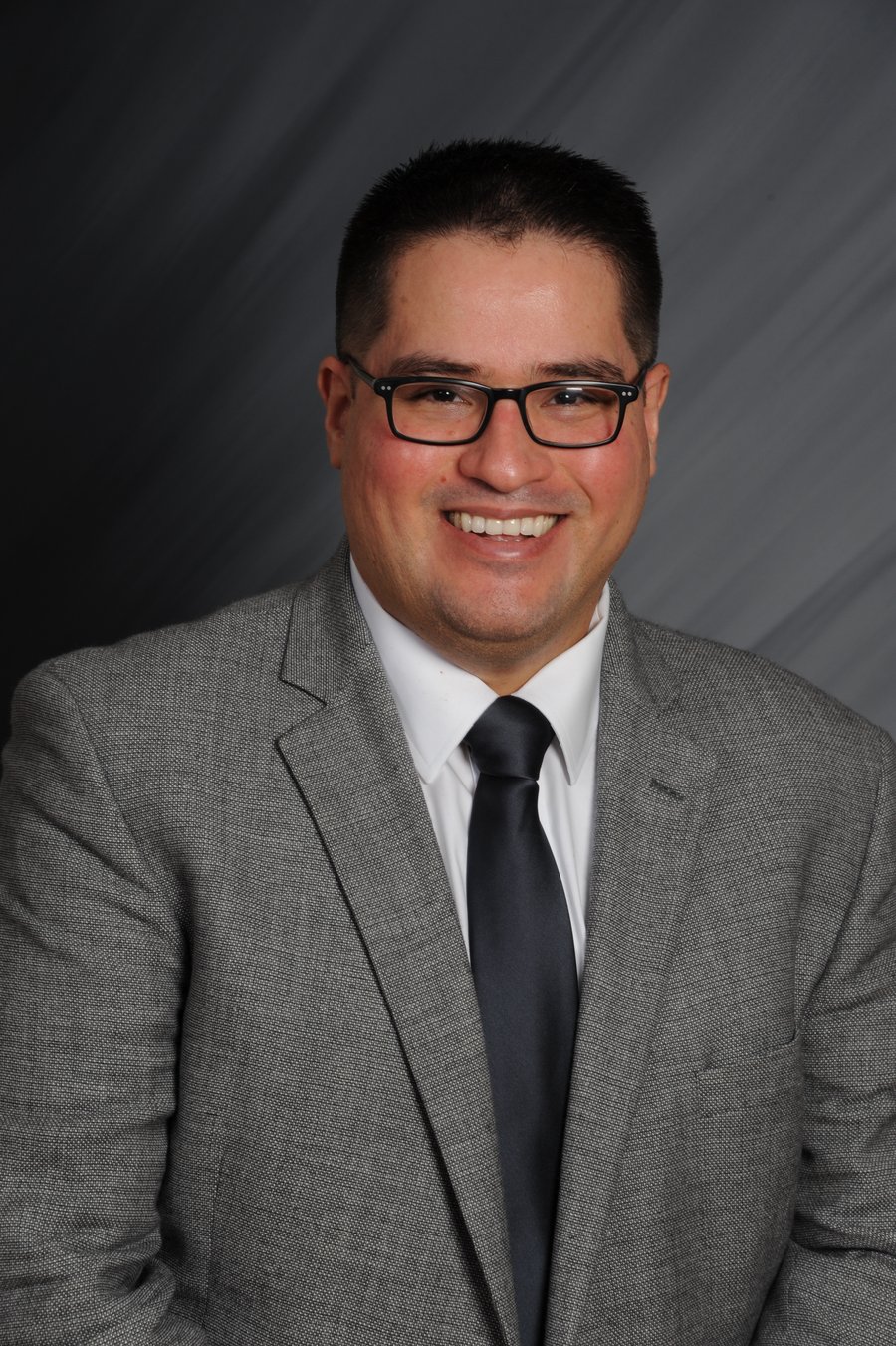
The month of November is national diabetes awareness month, a time when this common but very treatable disease is brought to the forefront of our health consciousness. Most Americans likely know someone who is living with diabetes, or perhaps they themselves have an early form of the disease or are being treated. So why is diabetes something that deserves such a focus if most people probably have a passing understanding of it?
The answer lies in how insidious the disease can be. At its simplest, diabetes is a chronic dysregulation of the endocrine system causing our blood sugar to be much higher than it should be. At the same time that we have all this extra sugar that our bodies can use as energy, our cells cannot efficiently take advantage of it and use it as a fuel source. Zooming out from the cellular level, for the average person with diabetes this means that if untreated they will go through their daily lives feeling like their gas tank is empty when it actually is overflowing and causing serious health damage overtime.
That “silent” damage is why diabetes awareness is so important. Americans are tough and used to putting up with minor inconveniences without much complaint. Early in the disease, the main symptoms of diabetes are fatigue, having to go to the bathroom more often than usual, and worsening blurry vision. Sounds like getting old, huh? For your average stoic American, it unfortunately is common to ignore these mild early warning signs and either chalk them up to aging, or if they are aware of their diabetes they might have the mindset that these are symptoms they can learn to live with.
This seems like reasonable logic, but it is extremely dangerous. Chronically high blood sugar and untreated diabetes can devastate the body in a variety of tragic ways. The blood vessels in your eyes, kidneys, heart, and limbs are all damaged over time. If uncontrolled, this damage will progress to blindness, kidney failure and dialysis, and coronary artery disease. In the limbs this slow and silent damage proceeds from nerve pain, to chronic and hard to treat infected wounds, and ultimately to limb amputations.
Treatment for diabetes can be challenging. There are long standing dietary habits that will need to be broken and rebuilt to include healthy complex carbohydrates and to avoid processed foods with added simple sugars and saturated fats. Sometimes oral medications are not enough to bring the blood sugar to a safe range, and injectable insulin needs to be prescribed which is difficult to fit into a busy modern schedule. The sacrifices to adequately treat and manage diabetes can seem too steep if all you must worry about are typical old age symptoms of fatigue, going to the restroom more often usual, and blurry vision.
Don’t be tricked by this faulty logic. Diabetes is a silent killer that has profound health consequences if it goes undiagnosed or untreated. See your doctor regularly for your annual check-ups to make sure you are not at risk for developing diabetes. If you are living with diabetes, give your condition the regard that it deserves and work closely with your doctor to bring it under good control. Diabetes is a serious condition that robs many Americans of the quality of life they deserve to enjoy in their old age. However, it can be managed effectively and with minimal interruption to your day-to-day life if it is recognized as the sneaky and profound threat that it truly is.
 Dr. Diaz is a resident physician who sees patients of all ages and provides obstetrical services at Lone Star Family Health Center, a non-profit 501©3 Federally Qualified Health Center operating facilities in Conroe, Spring, Willis, Grangerland, and Huntsville, and serving as home to a fully integrated Family Medicine Residency Program to increase the number of Family Medicine physicians for Texas and our community.
Dr. Diaz is a resident physician who sees patients of all ages and provides obstetrical services at Lone Star Family Health Center, a non-profit 501©3 Federally Qualified Health Center operating facilities in Conroe, Spring, Willis, Grangerland, and Huntsville, and serving as home to a fully integrated Family Medicine Residency Program to increase the number of Family Medicine physicians for Texas and our community.



